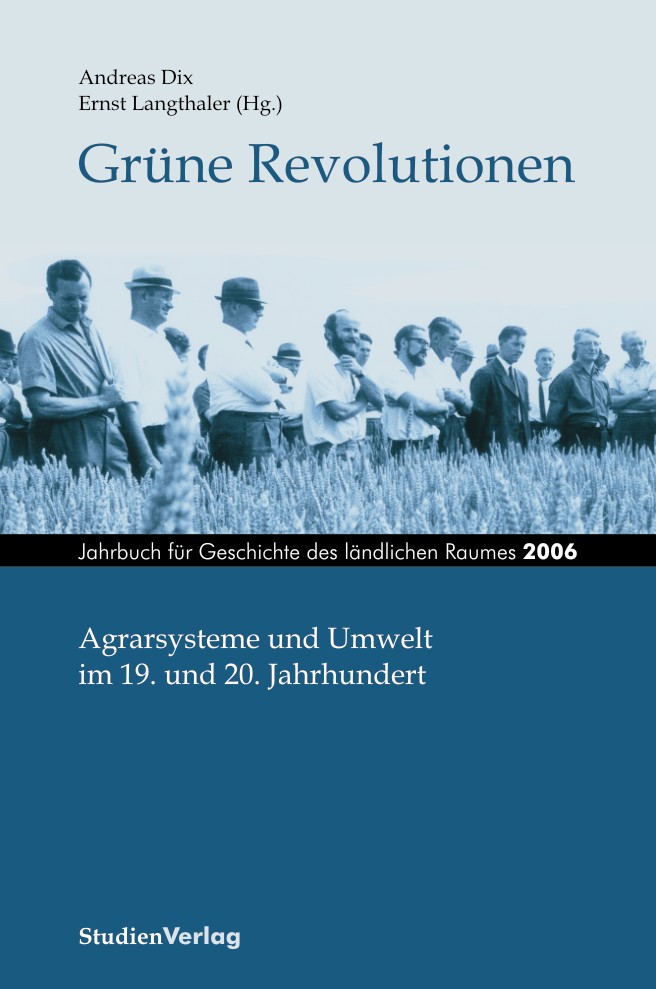„Natur nach Maß“
Hans Stubbe und das Verhältnis von Agrarwissenschaften und Umweltschutz in der DDR
DOI:
https://doi.org/10.25365/rhy-2006-9Abstract
The geneticist Hans Stubbe had been one of the most valued and decorated scientists of the GDR – despite his engagement for eugenics during the Third Reich. As a president of the Deutsche Akademie der Landwirtschaftswissenschaften (DAL), he was not only engaged in the creation of new crops, but personally accounted for the high standard of genetics and crop sciences in the GDR. He was also responsible for anchoring nature conservation in the GDR legislation and institutional landscape. He was both a passionate lover of nature and an enthusiastic huntsman; he committed himself to melioration projects in wetlands on the one hand, and wildlife research centres and biological stations on the other hand. The article analyses the mixture of conflicting personal, scientific and political interests characterizing the life of this extraordinary person. At the same time it aims to throw light onto the structures of agricultural sciences and institutional nature conservation in the GDR, as well as to provide insight into scientific and political practices within its complicated arrangement of responsibilities. Stubbe succeeded because of his scientific brilliance, his organising ability, his charisma and his considerable ability to position himself within the academic and governmental structures. He had the gift to adapt the circumstances he came across to his personal ambitions, be they scientific or private, but to call him an opportunist reaches not far enough. As one of the representatives and designers of the GDR, he marked the scope of what was possible within the narrow world of the GDR. Hunting and environmental protection, political calculus and scientific freedom, personal liberty and constraint against others for him were no antinomies.


